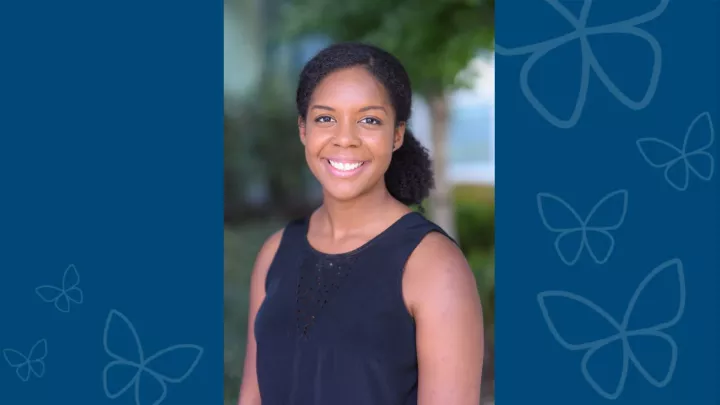
How Can Investigators Increase Diversity in Clinical Trials?

It’s a well-known challenge in research: People of color and those from historically marginalized racial, ethnic or socioeconomic groups have long been underrepresented in clinical trials. So how can investigators improve diversity in their studies?
That question is a key focus for Mallory Chavannes, MD, MHSc, FRCPC, FAAP. This past summer, she was selected to join the third cohort of the prestigious Robert A. Winn Diversity in Clinical Trials Career Development Award, a two-year award funded as a partnership between the Virginia Commonwealth University Foundation and the Bristol Myers Squibb Foundation.
Dr. Chavannes, Clinical Director of the Inflammatory Bowel Disease Program at Children’s Hospital Los Angeles, shares her thoughts on her award, why diversity in research matters—and how investigators can promote more diverse participation in their own studies.
What is exciting for you about receiving this award?
There are many advantages to participating in clinical trials. However, historically, patients from diverse ethnic and socioeconomic backgrounds have not had similar access to clinical trials as patients from non-marginalized backgrounds. For me, this program is an opportunity to receive mentorship and intensive training in conducting a clinical trial in an equitable way.
It's also been exciting to meet so many people from different specialties who are dedicated to improving diversity and promoting health equity. It gives you that fire to work even harder.
Why is diversity important for clinical trials?
With any clinical trial, we’re trying to understand if a drug or intervention is safe and effective for patients. But drugs do not always work the same in every population. If we’re only studying it in one group—such as those who are white or have high socioeconomic status—then we’re not fully answering the question.
That can mean that we approve drugs that work in white people but not in patients from other racial groups. Or, a drug might be effective only in certain populations who aren’t in the clinical trials. In that case, you lose access to a treatment that would have helped those individuals. That’s not equitable care.
What are the barriers that keep families from underrepresented groups from participating in research?
There are many factors. It’s been shown that there’s a difference—and it may be from an unconscious bias—in how clinical trials are offered to patients from diverse backgrounds. So that’s the first thing: Providers are not always offering trials to patients in an equal way.
Another issue is trust. Many people of color have a distrust of the medical system based on unethical experiments in past history. Then there are issues such as living far from where trials are occurring, or having to take too much time off of work to participate. Sometimes it’s the study itself that could be designed better to meet the needs of diverse populations.
How can investigators overcome these barriers? What should they be thinking about?
The design of the trial is a good starting point. Up until now, participants have had little to no say in how a trial is conducted, but that is slowly starting to change.
Giving families from diverse groups a voice in the design can provide critical feedback for investigators. Are there too many study visits? When families come, how long is the visit? Can some or all visits be done remotely? How long does the study have to go on? The longer the study, the more likely it is that patients will be lost to follow-up or discouraged from participating in the first place.
Community input can also help researchers understand if the proposed intervention is something that families can easily put into practice as well, or if there are aspects of the study that might be culturally unacceptable.
What makes Children’s Hospital Los Angeles an ideal place to foster diversity in clinical trials?
We have an incredibly diverse patient population, which gives us an extraordinary opportunity to lead the way in how best to serve the unique needs of these families.
What I love about CHLA is that the hospital really embraces that. There’s a deep commitment here to provide high-quality, equitable care to children and families from all ethnicities and all walks of life. I feel very grateful and excited to be part of that effort.


